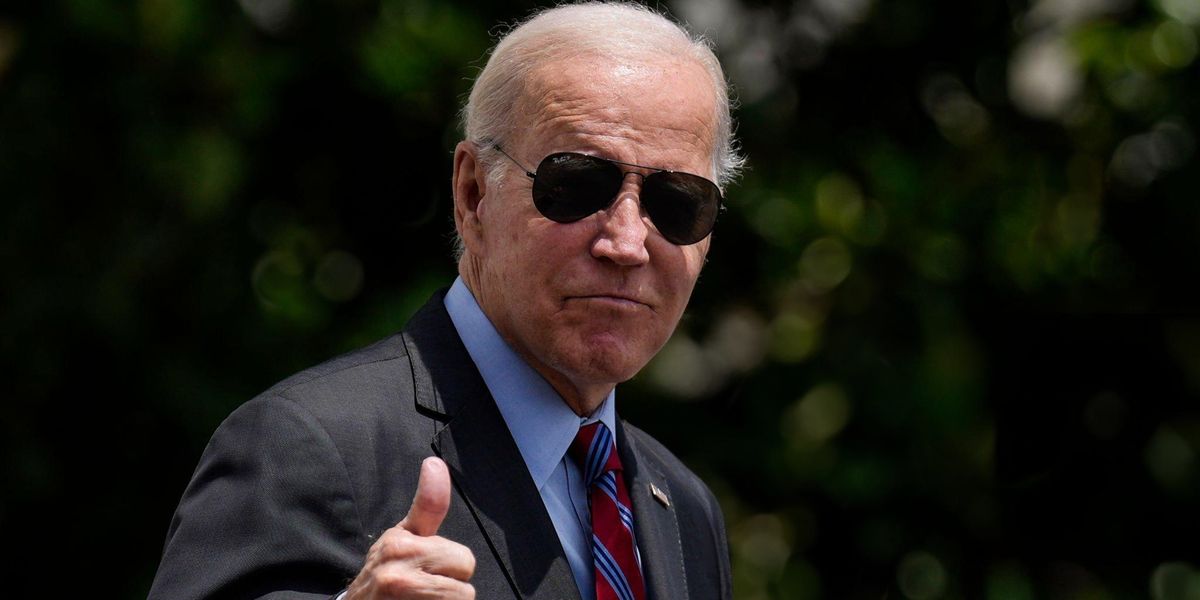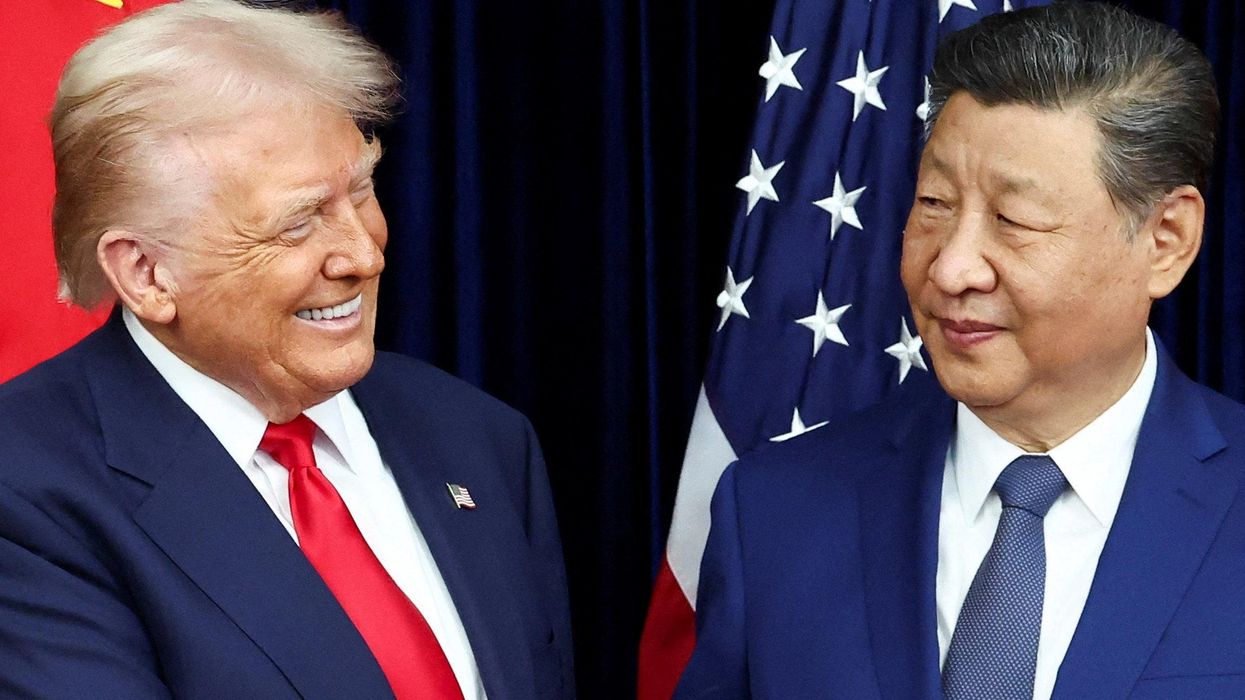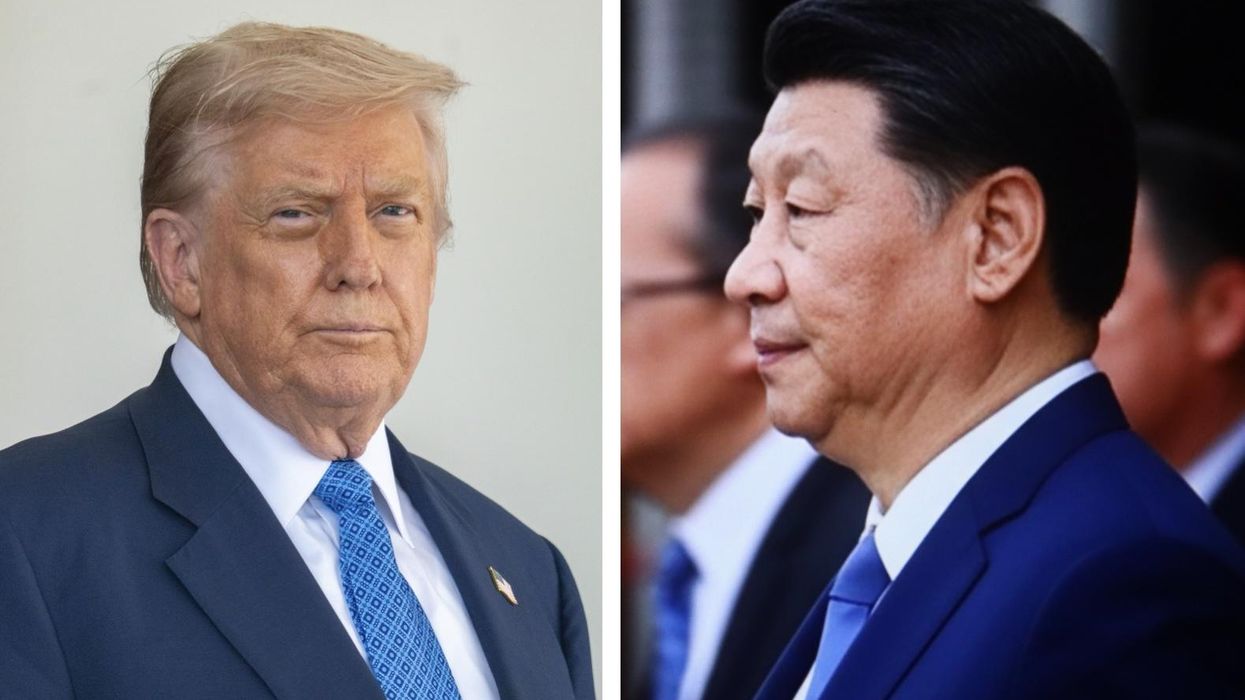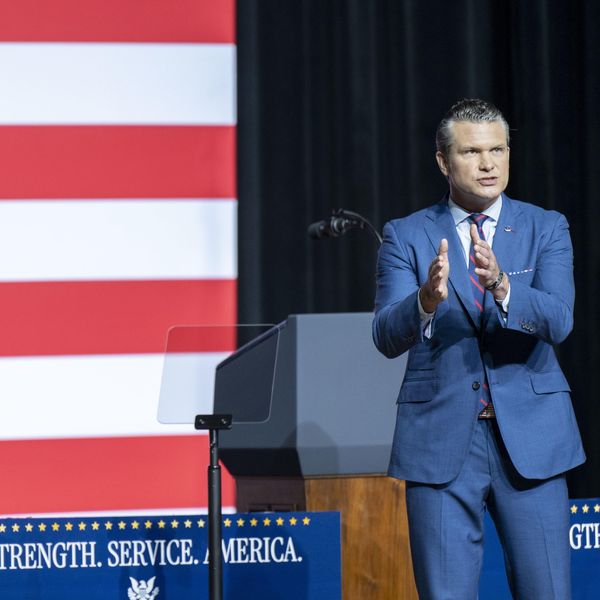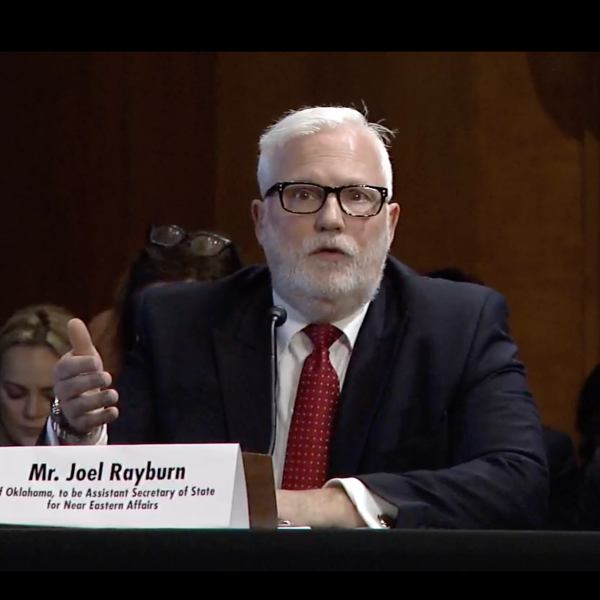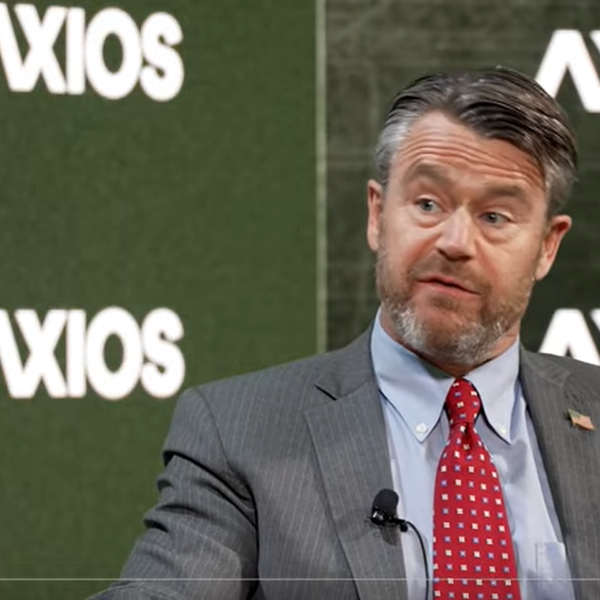Joe Biden delivered his foreign policy farewell address Monday at the State Department. The speech was largely a celebration of his own (perceived) accomplishments — all the things he wants to be remembered by as a foreign policy president. One of them is enacting a historic redistribution of wealth from the public to private weapons companies:
“We’ve significantly strengthened the defense industrial base [read: arms industry], investing almost $1.3 trillion in procurement and research and development. In real dollars, that’s more than America did in any four year period during the Cold War.”
Foreign policy for the one percent
The type of direct, trillion-dollar-plus government investment Biden promised for climate and social welfare only happened for arms companies. The amount Biden just bragged about giving to the weapons industry is about $540 billion more than the combined value of all the projects announced under the Bipartisan Infrastructure Law, the Inflation Reduction Act, and the CHIPS Act (as of Jan. 10: $756,247,845,330).
The combined effect of Biden’s flagship domestic accomplishments isn’t particularly climate-friendly, either. For example, over 40% of the funding in the infrastructure law — often marketed as a climate bill — is exclusively for highways, roads, and bridges. That’s not just not green, that’s anti-green. Biden described the climate crisis as “the single greatest existential threat to humanity” in yesterday’s speech, but it definitely wasn’t budgeted like one during his administration.
At least there are more robust climate programs now than there were in 2020. The same can’t be said for social welfare — the U.S. social safety net is considerably weaker now than it was when Biden entered office. You might be thinking “but the pandemic assistance Biden inherited was intended to be temporary,” which is true. Also true: the purpose of Biden’s “Build Back Better” plan was to make the bulk of those programs permanent and establish several new ones.
It was never enacted. In 2021, Biden abandoned the strategy needed to overcome the challenge posed by the GOP and a couple recalcitrant Democrats and pass the social spending plan. In early 2022, Biden ditched the trillion-dollar-plus welfare agenda he campaigned on entirely and rebranded himself as a foreign policy president. From that point on, pandemic assistance was no longer something Biden sought to expand or preserve; in fact, the more of those programs that expired, the more he could brag about reducing the deficit. Ending that assistance during a historic bout of inflation devastated the working class. Many people lost their homes because of it.
The Pentagon budget was exempt from Biden’s deficit reduction regime. Little wonder — it takes serious cash to implement a foreign policy as bellicose and destructive as Biden’s. As key social welfare provisions expired or were eliminated, military spending soared. This is not the hallmark of a “foreign policy for the middle class” and it’s definitely not one for the working class.
The beneficiaries of Biden’s foreign policy are part of a much more exclusive group. Here are a few of them:
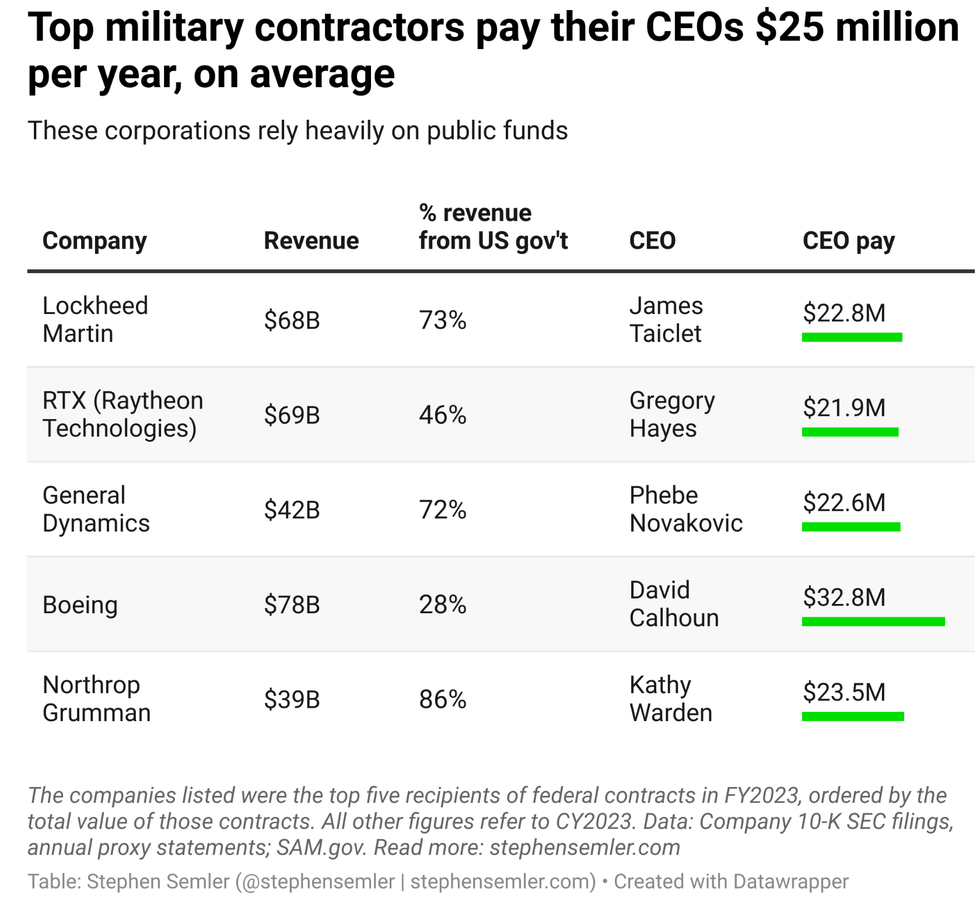
This article was republished with permission from Stephen Semler's Polygraph
- Washington is strangling young foreign policy professionals ›
- How Biden's 'A-team' squandered its foreign policy opportunity ›
- Symposium on Biden's foreign policy: The good, bad & ugly | Responsible Statecraft ›
